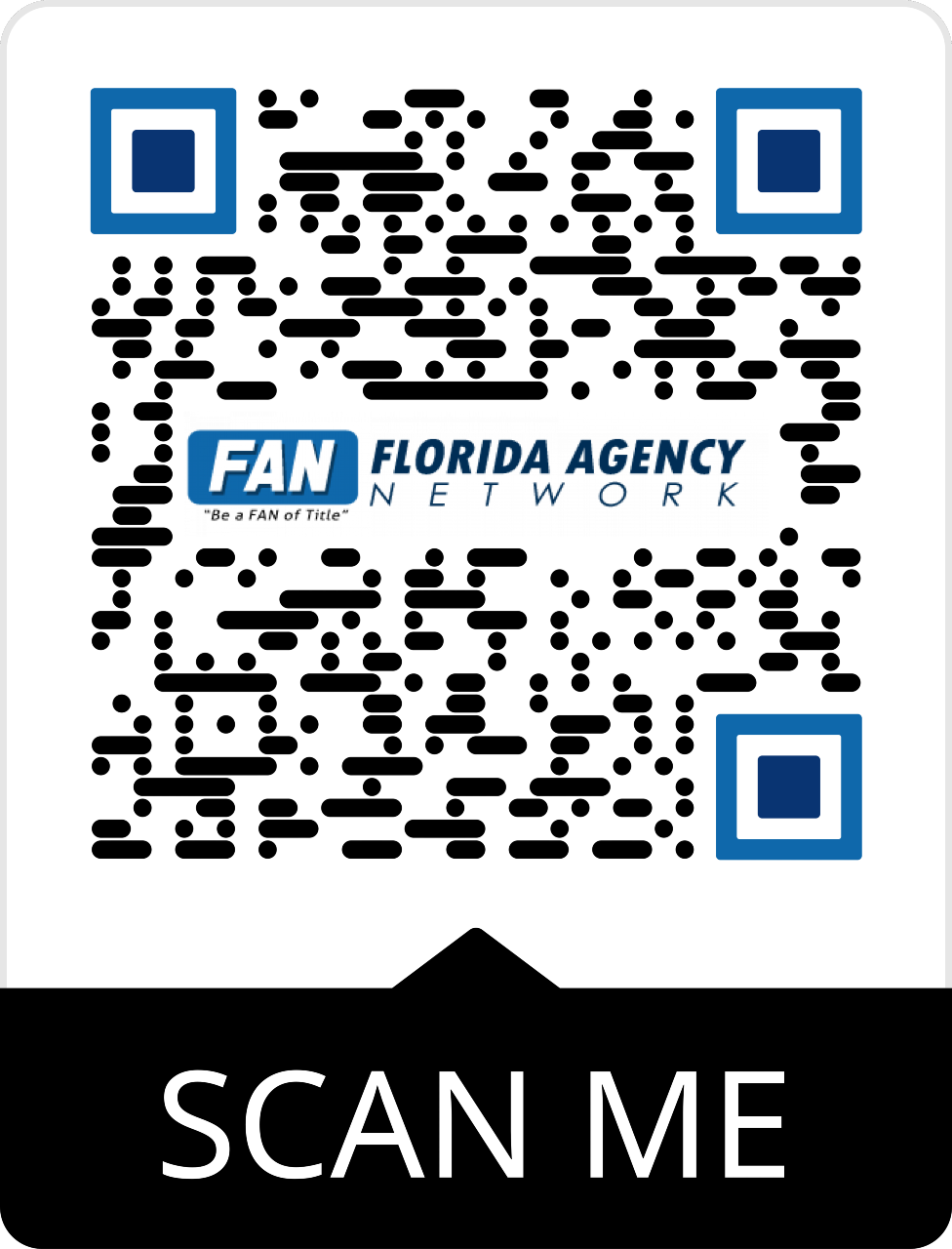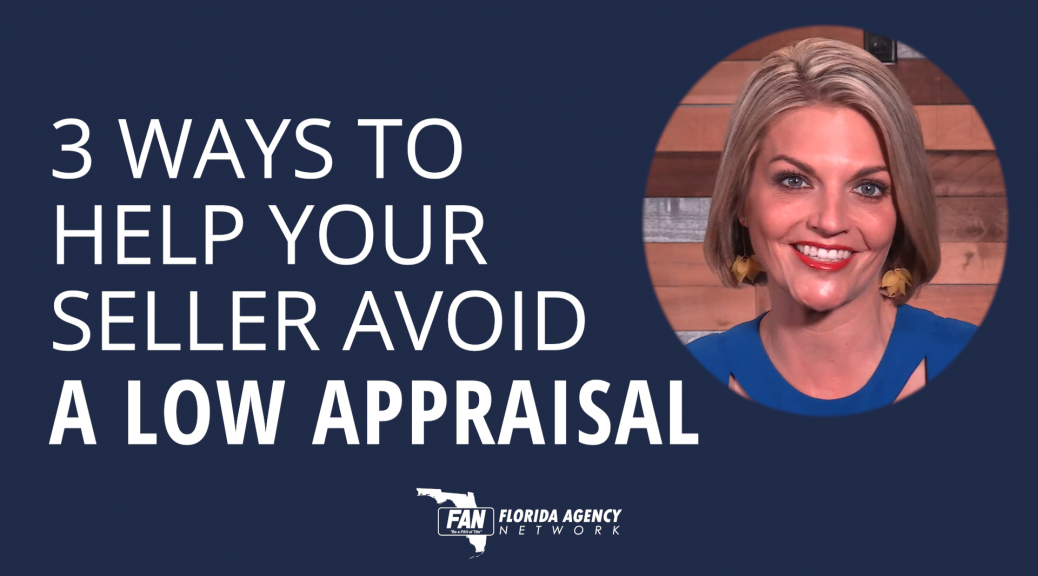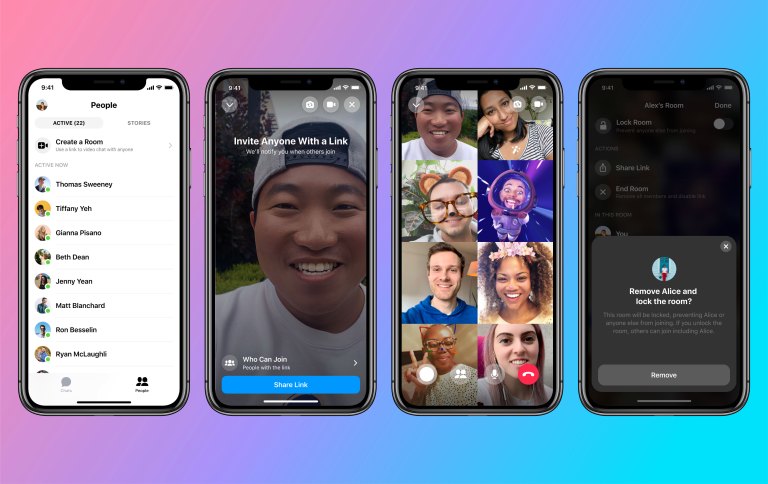The real estate agent’s quick guide to everything iBuyer. And, no. iBuyers won’t be taking your job.

If you’ve been living under a rock, you probably haven’t heard the latest buzzword in the real estate industry: iBuyer. Even if you have heard about it, you may still have some questions or concerns.
What is an iBuyer? Is it the right choice for sellers? Are iBuyers taking over real estate agents’ jobs? I-Buy who?
No fear! We’ve gathered all the information you and other real estate agents need to know about iBuyers.
WHAT IS AN IBUYER, & HOW DOES IT WORK?
iBuyer services take a modern, technology-based approach to the real estate market and those looking to buy or sell homes. iBuyers use a strategy similar to companies like “We Buy Ugly Houses” by giving you the option to sell your home quickly for cash. However, unlike the “We Buy Ugly Houses” approach, iBuyers focus on homes in good condition. Typically, an iBuyer isn’t looking to flip a property or take on anything that needs extensive repairs.
To get started with iBuyer, a seller visits the website, plugs in the address of the home to be sold, and fills out a questionnaire about the property. Within 24 -48 hours, the seller receives an offer on the home. iBuyers base these offers on technology like the automated valuation model (AVM) to get the quickest “comps” for the property. From there, a seller can decide to move forward with the iBuyer and set a closing date.
PROS TO USING AN IBUYER
- Speed & Convenience
According to realtor.com data, the median home spends 58 days on the market. However, selling to an iBuyer can take only a handful of days (or longer if the seller prefers). This arrangement would be ideal for an out-of-state property inheritance or a sudden job change resulting in a quick change of living arrangements. It’s also perfect for sellers who just wish to have the control of the time frame. Let’s face it. Selling a home can be somewhat of an inconvenience. Between keeping your home tidy, having the listing agent come in to stage, and leaving at a moment’s notice for a showing, selling your home can become a hassle, and iBuyers can help decrease the time a seller has to deal with these stressors.
- Low Risk
When selling with an agent, there’s a certain level of uncertainty. Potential buyers could back out for different reasons, at which point the seller and listing agent are back at square one. When selling with an iBuyer, though, transactions almost never fall through. The only problem a seller may run into is getting a lower appraisal than expected, which may result in a lower offer from the iBuyer.
CONS TO USING AN IBUYER
- Lower Profits
While convenience is nice, a seller will pay for it. Typically, iBuyers charge a service or convenience fee that can range from 6-9.5% or more. In fact, one MarketWatch study of 26 home sales to iBuyers found that these sellers average around 11% less than owners who sell to a traditional buyer. Granted, traditional home sales have the 5-6% commission fee, but a recent study from Collateral Analytics found that home sellers will pay an average of between 13% and 15% more in fees to an iBuyer than they would to a traditional listing agent.
- Limited Availability
Currently, iBuyers are in select major markets only. And while iBuyers are expected to expand, they’re not something available to every home seller. There are some iBuyers that are even more selective than others about buying homes and the condition of each home.
HOW TO STAND OUT TO POTENTIAL SELLERS
- Show Your Value
For the home seller who’s on the fence about whether to use an iBuyer, you must show them the value of using a listing agent. If a potential seller wants to get as much value as they can for their property, remind them part of that value is the expertise you bring to the process. An iBuyer can’t put a price on the beautiful ocean view or the impeccable 19th-century hardwood floors of a home, but a listing agent can and knows how to use those unique and sometimes intangible selling points.
A great agent knows the amount of work that goes in to preparing comps, creating a marketing strategy, staging the home perfectly, communicating and negotiating with potential buyers, and so much more. Communicating this value is key to putting yourself above an iBuyer.
- Educate the Seller
There is something about a listing agent who’s transparent and helpful to a seller that ensures agent security. Educating your seller and consumers will help them understand the value of each option and give them the opportunity to choose what is right for them. Not every seller will want to use an iBuyer and some won’t want to use a listing agent. Every seller is unique. However, giving consumers their options builds trust with them, and it’s another point on your scoreboard.
- Have the Right Tools
What good is all this information if you can’t physically show a real-world example based on their own situation. Our free FANAgent ONE app gives agents the opportunity to compare a potential seller’s net profits with a click of a button. With the iBuyer Comparison Calculator, agents can plug in the information and calculate an instant comparison to show their seller.
FINAL THOUGHTS
New technology and processes will always shake up any industry. iBuyers are simply one of these “shake ups.” As time passes, consumers will become more educated on the differences between iBuyers and traditional selling techniques, and not every seller will want to use an iBuyer.
Remember these words: DON’T PANIC.
iBuyers, such as Opendoor, Offerpad, Zillow Offers, and others, are expanding into major markets rather quickly. However, iBuyer transactions make up for a small percentage of real estate transactions. In 2018, 620k homes were sold to iBuyers, compared to 5.5 million homes sold without iBuyers. In fact, Rob Barber, CEO at ATTOM Data Solutions, a nationwide property database, predicts iBuyers will only account for about 15% of the real estate transactions in the long run.
So, don’t panic! There is still value and will always be value in a seller hiring a listing agent.
What’s one way you can communicate the value of using a listing agent today?




















